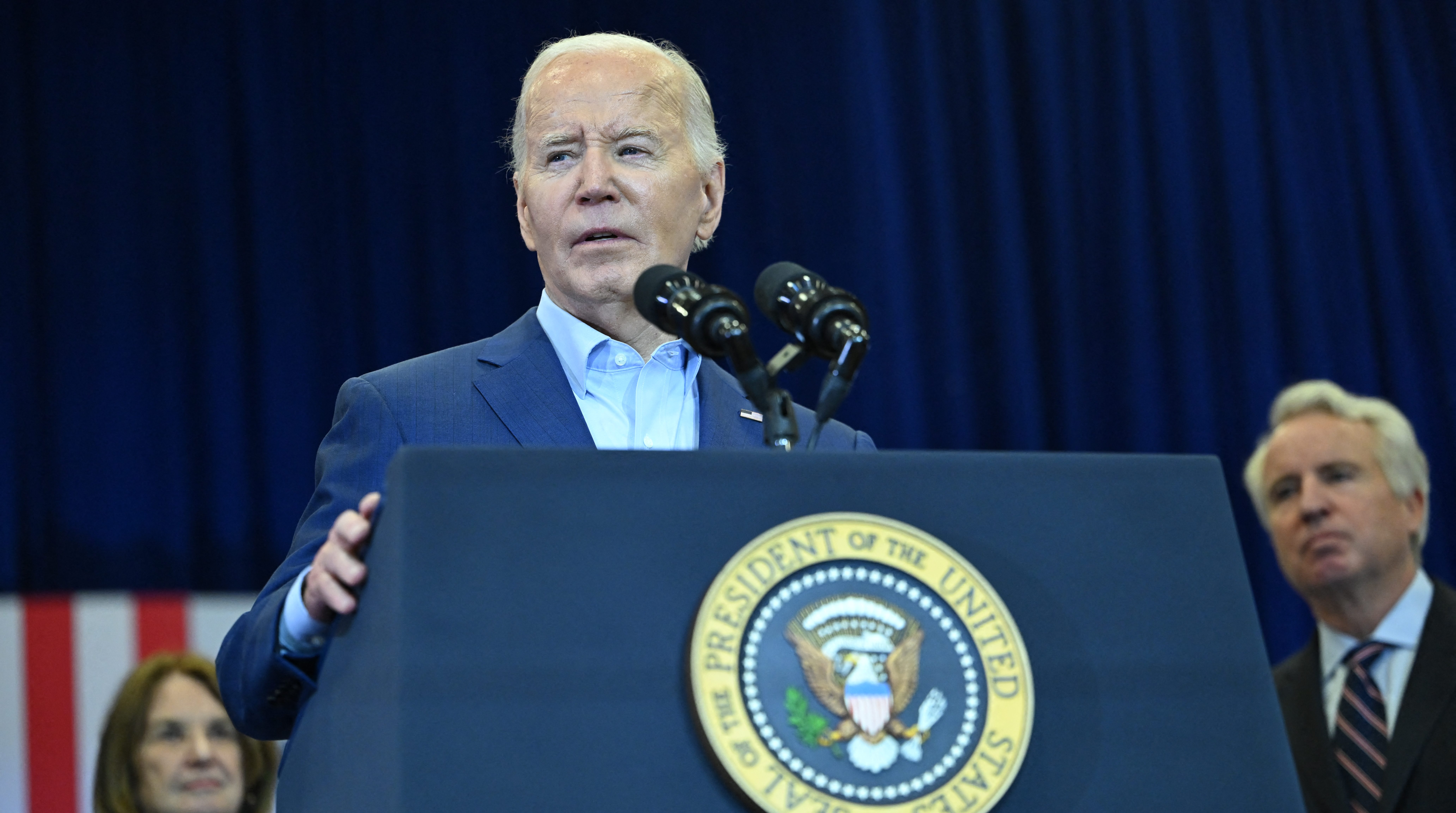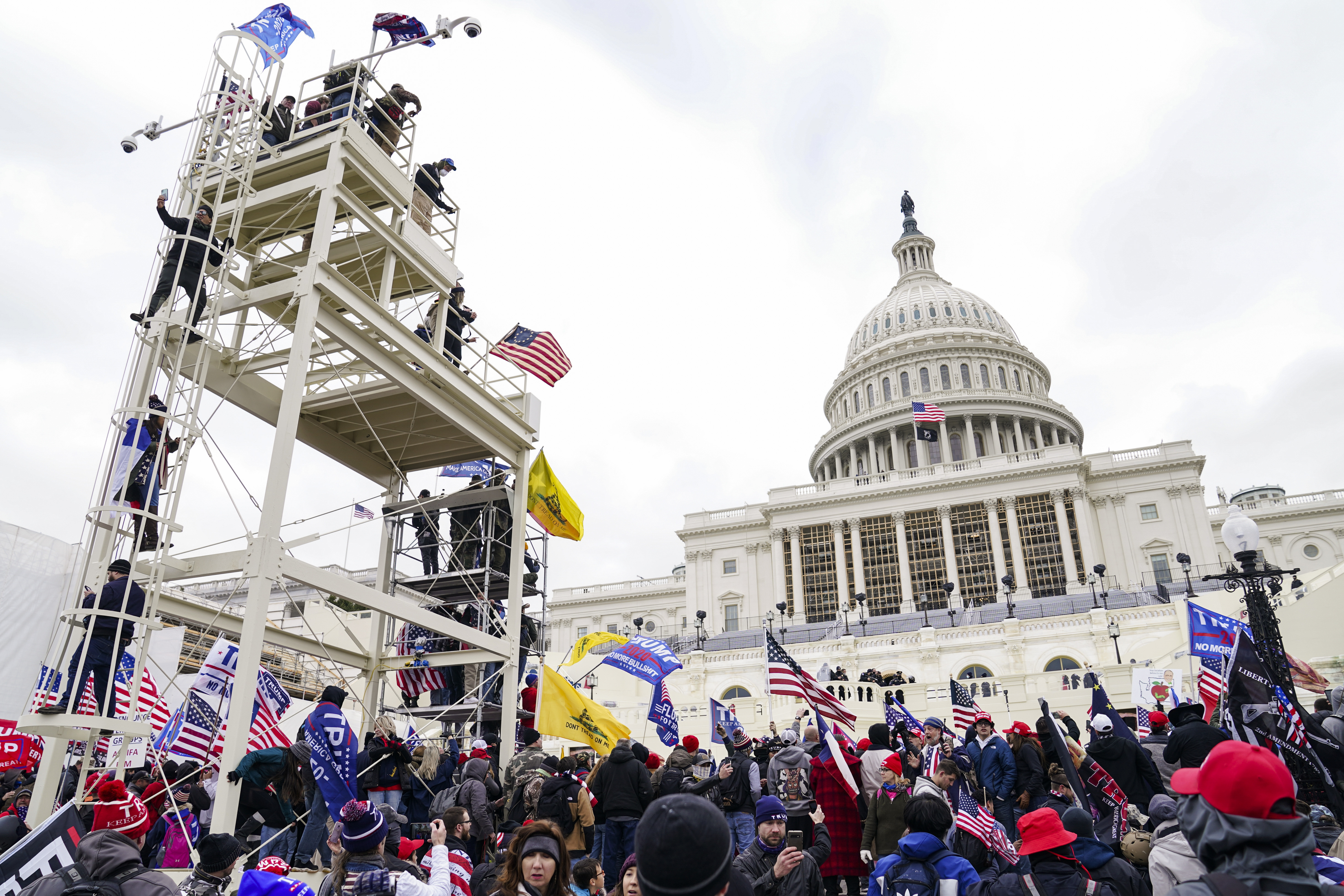The Texas House approved a bare-bones state budget late Sunday, making massive cuts to public education and health care programs for the poor, but promising to keep working to improve the $164.5 billion spending package.
The House plan for 2012-13 was approved by a 98-49 vote, largely along party lines. Democrats and two Republicans voted against it.
The budget underfunds schools by almost $8 billion less than state law requires be spent. Medicaid is underfunded by more than $4 billion.
It makes cuts to highways, prisons, state parks and dozens of other programs.
In all, the budget proposal spends $164.5 billion over the next two years in state and federal dollars. That's about $23 billion less than what is in the current budget. Republican leaders, in firm control of the Legislature, are vowing to balance the budget without raising new taxes.
Before the vote, Democrats rose to speak in opposition to the bill.
"I believe we will rue the day that we took many of the actions that we took in House Bill 1 and we will feel the ill effects of the dismantling of our infrastructure, I believe, for years to come," said Rep. Helen Giddings, D-Desoto.
Politics
Politics from around the world.
Only one Republican, the lead House budget writer, spoke in favor of the bill. Rep. Jim Pitts, R-Waxahachie, who sponsored the legislation, acknowledged the plan "is not perfect," but promised to keep working to make it better.
Republican Speaker Joe Straus also said work on the budget would continue.
"Balancing our state budget requires very difficult choices, and I want to congratulate every member for their hard work in passing House Bill 1," Straus said. "This is a significant step in the process, and the Texas House looks forward to working with the Senate on the final legislation."
The budget next goes to the Senate for consideration.
"Thank God for the Senate," quipped Rep. Harold Dutton, a Houston Democrat.
Public education, representing more than half the state budget, faces historic cutbacks and would fall almost $800 per student short of what current funding laws require for basic classroom instruction. The plan also cuts full-day pre-kindergarten, teacher incentive pay, college financial aid and numerous other education programs.
With massive teacher and school employee layoffs expected, experts said it's the first time since the current school finance structure was put in place in 1949 that public schools would get less than called for under state funding laws from one budget to the next.
"This budget harms my children and all of our children," said Rep. Mike Villarreal, D-San Antonio. "It hurts our state's efforts to grow an educated workforce."
Last month, the nonpartisan Legislative Budget Board released data showing the state would lose 335,000 jobs if the House budget proposal became law. The board said the budget would eliminate 188,787 state jobs by the end of 2013 and private companies would eliminate 146,457 jobs under the House plan.
"You say you don't want to raise taxes because we're going to hurt jobs, well, you're killing 335,000 jobs, so does that mean that you may as well raise taxes?" asked Rep. Joaquin Castro, D-San Antonio.
Among the changes approved Sunday was a two-year hiring freeze for state agencies, except for emergency hiring needs approved by state leaders.
Democratic Rep. Trey Martinez Fischer, argued for an amendment that would fund the state for 18 months rather than 24 months.
He said a shorter budget period would allow the Legislature to come back to the Capitol and revisit funding for the final six months based on healthier revenue from higher oil prices and sales tax receipts.
Texas adopted the 24-month budget provision back when lawmakers "had to ride a horse from Texarkana and Brownsville to get to Austin," said Rep. Mark Strama, D-Austin, arguing that the two-year budget is an antiquated funding model that most other states have long abandoned.
The amendment failed on a party-line vote.
The House also stripped about $100 million in higher fees from the budget -- sort of. The charges would be contingent on the approval of separate legislation. Those fees include items such as higher pesticide license fees and an "annual child support service fee" charged by the attorney general's office.
While the economy has left many states with budget deficits, the economic downturn caused only a third of the revenue shortfall in Texas. When consumer spending slowed, state revenue from sales tax receipts also decreased, creating a $4 billion deficit in this year's budget.
Most of the shortfall was created when the state overhauled the business tax structure and the school finance system in 2005. The new tax structure did not generate enough money to offset decreases in school property tax rates, creating a recurring $10 billion budget hole.
In the current budget, most of the hole was filled with some state savings and federal stimulus dollars that are no longer available.
In the Senate, leaders are searching for "non-tax revenue" and have vowed to put billions more in public education. That sets up a budgetary battle that could stretch into the final days of the legislative session -- or provoke a special session this summer.
The state will have at least $9.4 billion available in reserves in the Rainy Day Fund, made up from oil and gas tax revenue. Leaders have approved a plan to use about a third of that to close a deficit in the current budget, but Gov. Rick Perry has fought using any more.
"I've heard it said many times that we do not have the money to fund some of these programs," said Strama, the Democrat from Austin. "But we patently do."



